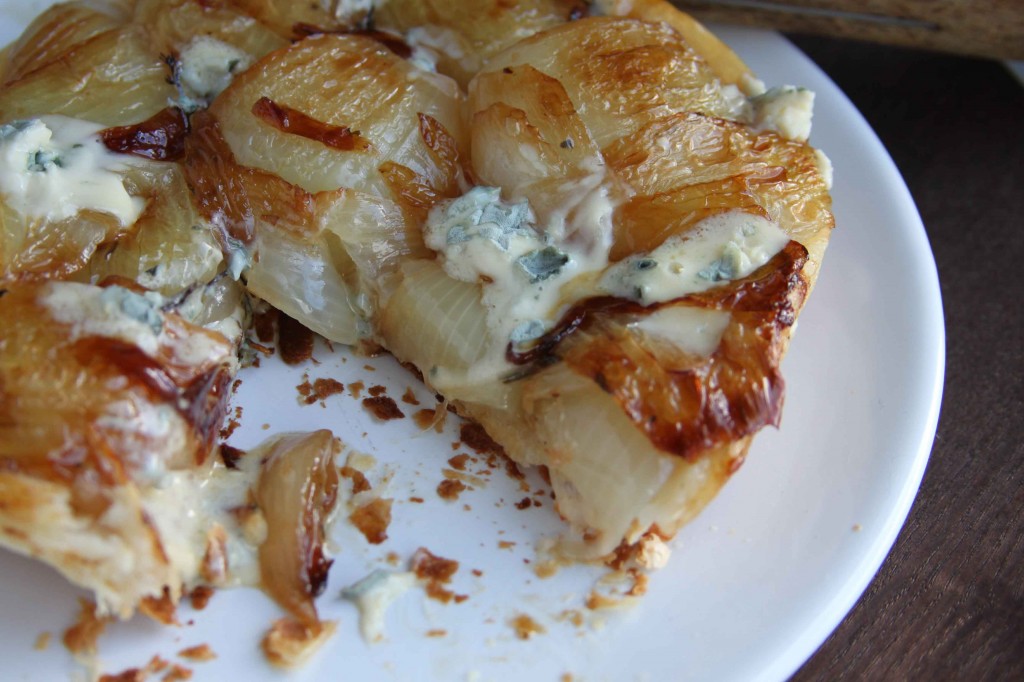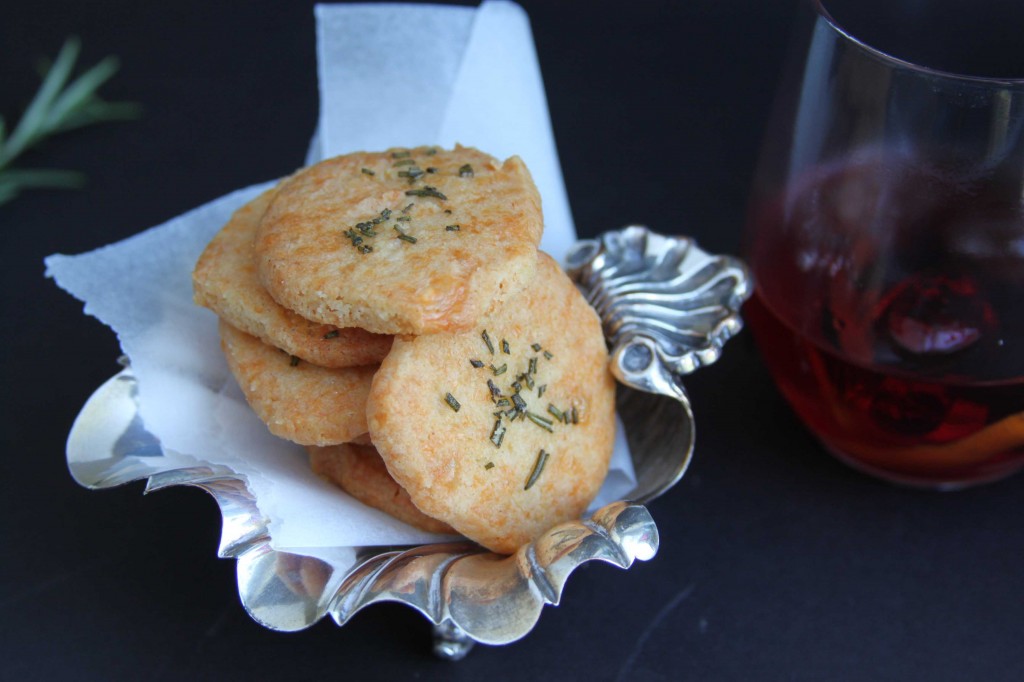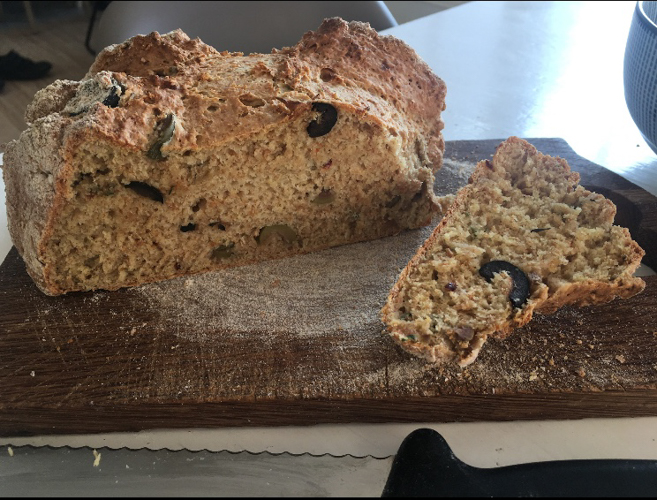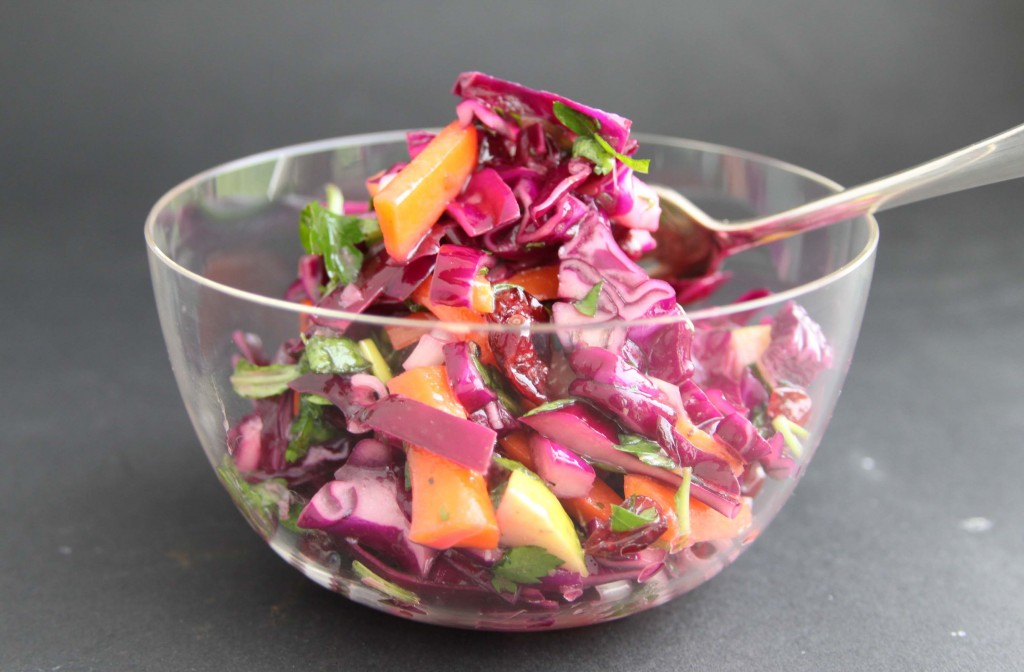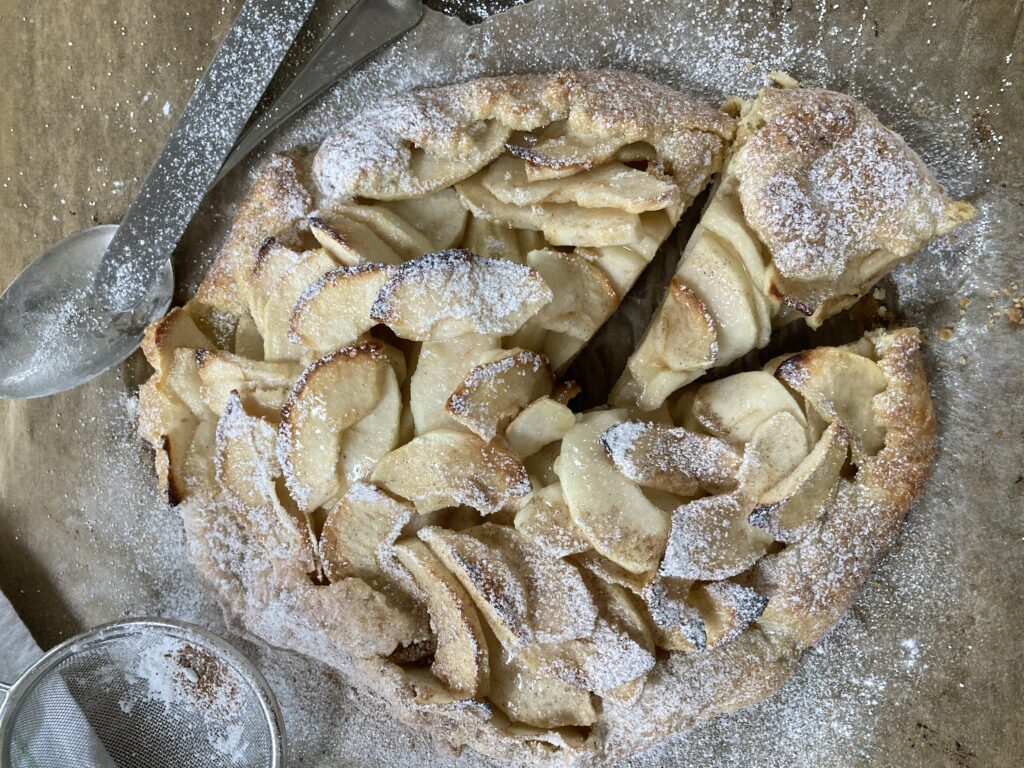
Mayonnaise is a handy staple to have in the fridge at any time but I find myself reaching for it more during the summer months. Who can resist a leftover Jersey Royal topped with a blob of wobbly, glossy mayonnaise? There are so many picnic opportunities for the jar of mayo and it is essential for any number of salads or cold collations (now that’s a word I don’t often use). Then there are chips, if you start dipping hot chips into this mayonnaise I predict you will struggle to stop.
Of course you can buy your mayonnaise and there are good ones available, but and this really is a proper but, none are as good as a jar of homemade. Rich and unctuous with a satiny sheen, fresh yet savoury with a gentle hum of garlic – what is not to love. I should mention that garlic isn’t traditional unless you are making an aioli (see Introduction) but having tried with and without, my lot prefer it with.
Like many other recipes using eggs, making mayonnaise is a form of alchemy and certainly isn’t difficult but there are a couple of important provisos. The most crucial of these is to add your oil slowly, really slowly to start with, almost drop by drop. Once the initial mix of the egg and other ingredients start to to thicken with the addition of the oil you can speed things up a touch but I tend to go pretty cautiously until I have thick and glossy mixture in the bowl. I used to make mayonnaise with just egg yolks but when I saw an Ottolenghi recipe using a whole egg I adjusted my recipe and have been set on that ever since. So much easier not to have a couple of egg whites winking at you from the fridge.
Mayonnaise
To make a simple aioli I would up the garlic to three cloves. Whilst this might not have the authenticity to hold its head up in the South of France it works for me.
You can make the mayonnaise in a food processor but it is easier to use one with a small bowl otherwise the blade is chasing the egg around in rather a large space and it may not combine with the oil. I find a hand held blender the easiest and most reliable method.
1 whole egg
1 heaped tablespoon of dijon mustard
1 clove garlic chopped (see Introduction)
1 heaped teaspoon caster sugar
1 teaspoon salt
2 tablespoons vinegar, white wine or cider (tarragon vinegar makes a glorious mayonnaise)
500ml vegetable oil (or 400ml vegetable oil and 100 of olive oil) in a jug
Juicy of half a juicy lemon
Put the egg, mustard, garlic, sugar, salt and vinegar into a bowl and mix briefly with your hand held/immersion blender. With the blender going start adding the oil, drop by drop initially. Once you can see the ingredients emulsifying you can up the oil to a thin but steady stream. When all the oil is added and you have a thick and wobbly mayo, add most of the lemon juice and give a final whizz. Taste, it should be spot on but you can add a little more lemon juice or salt if you wish. A jar of this lasts for ages in the fridge but it tends to go pretty quickly.

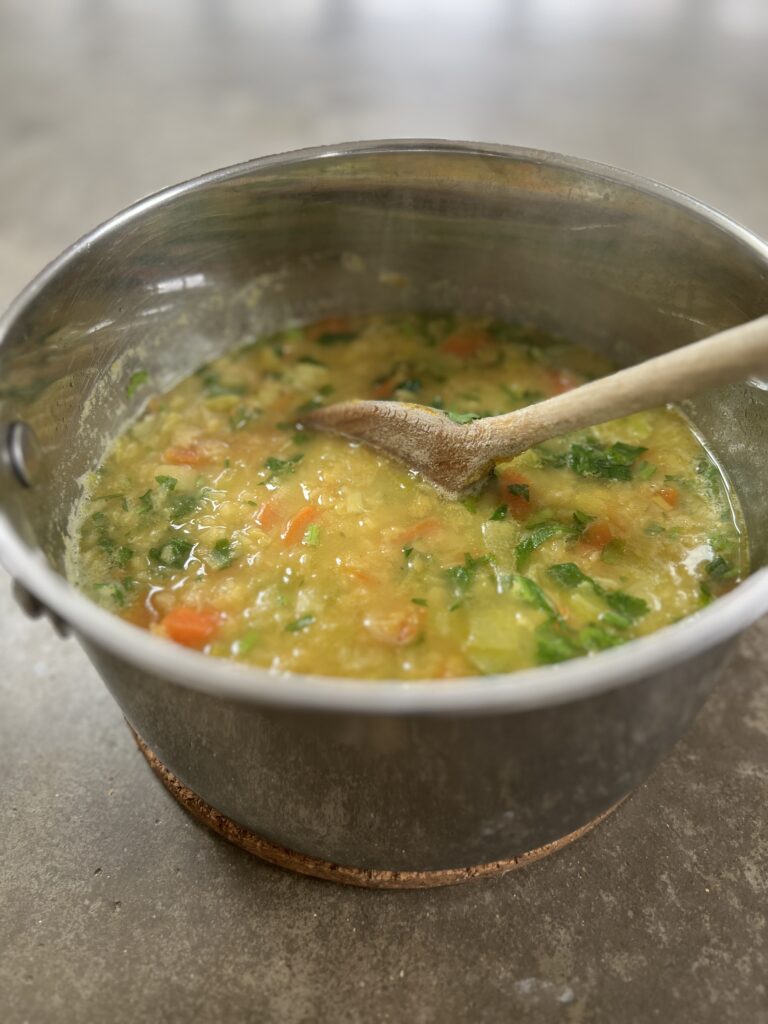
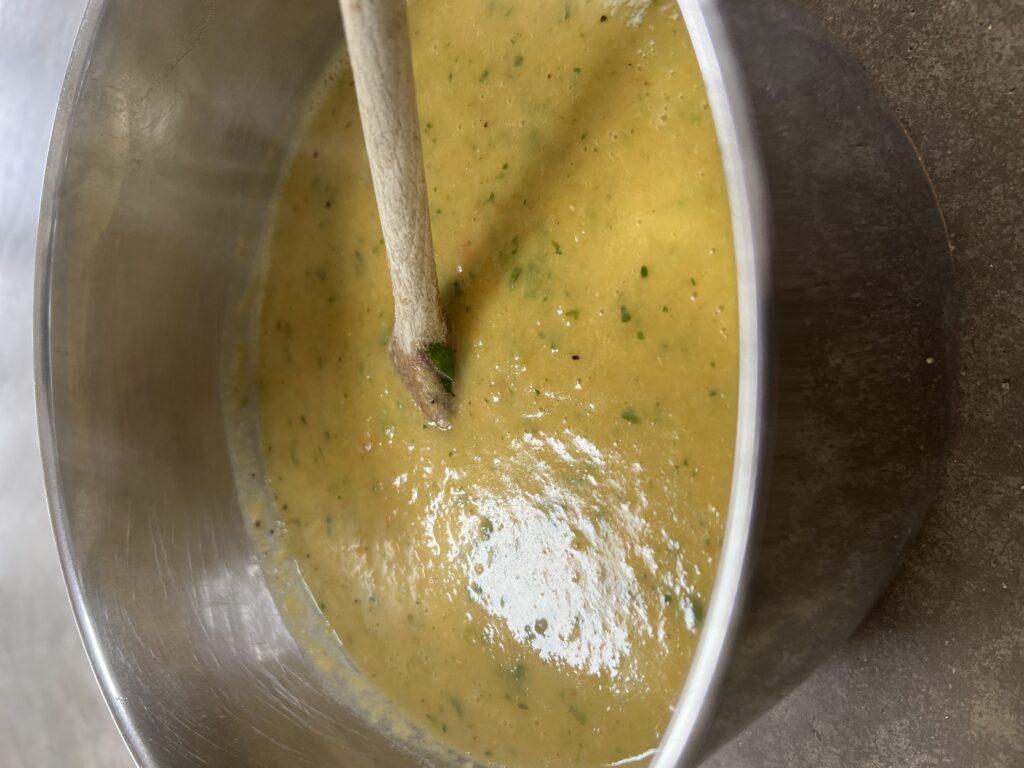


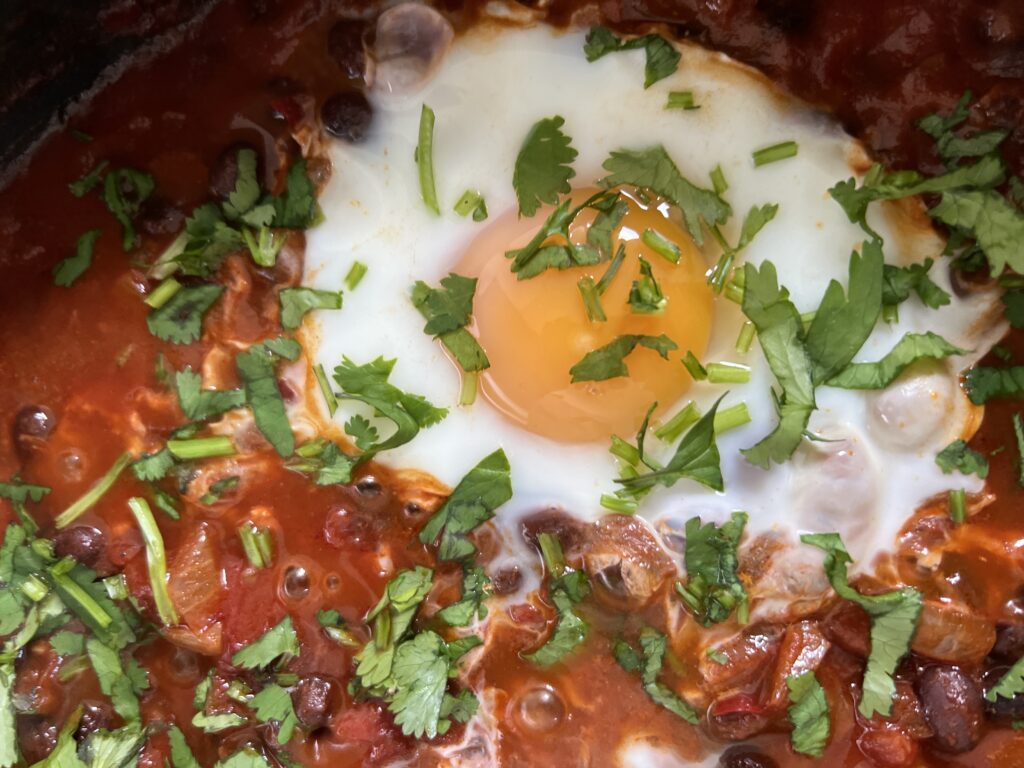
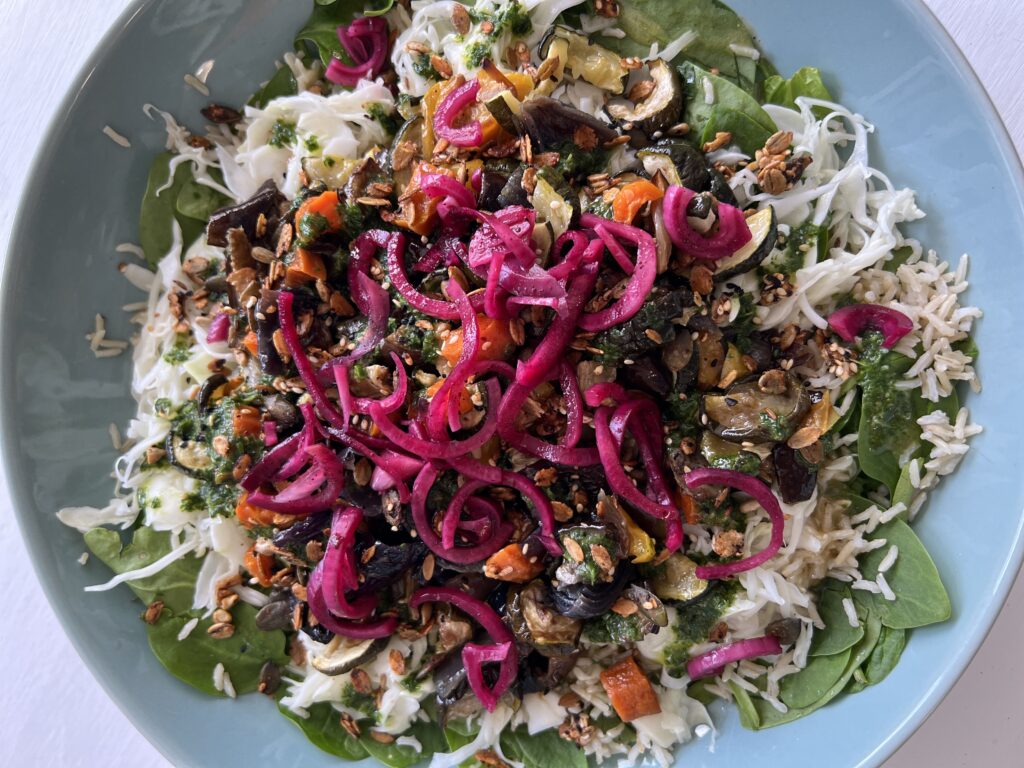
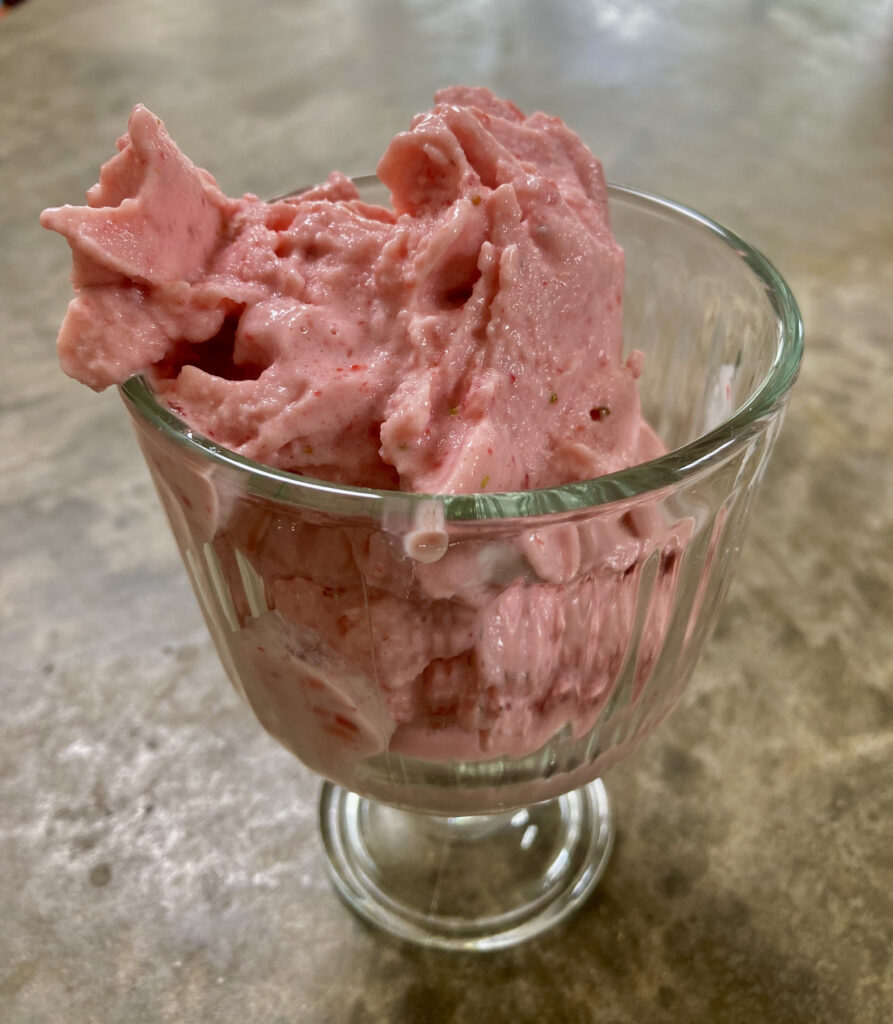

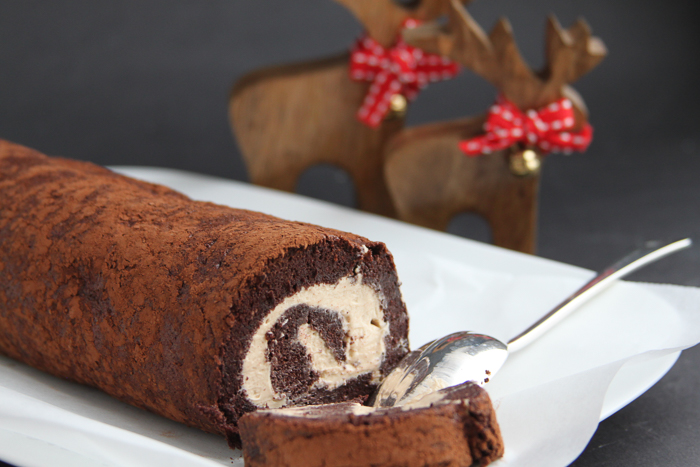 I need to prepare ahead for Christmas so I don’t go truly mad. I’d love to be able to drift through the big day with a relaxed glow but honestly, it just doesn’t happen! If I make a plan, write a list (or two) and get a few things in the freezer it helps not only with the practicality of getting food on the table but just with helping me avoid panic.
I need to prepare ahead for Christmas so I don’t go truly mad. I’d love to be able to drift through the big day with a relaxed glow but honestly, it just doesn’t happen! If I make a plan, write a list (or two) and get a few things in the freezer it helps not only with the practicality of getting food on the table but just with helping me avoid panic.